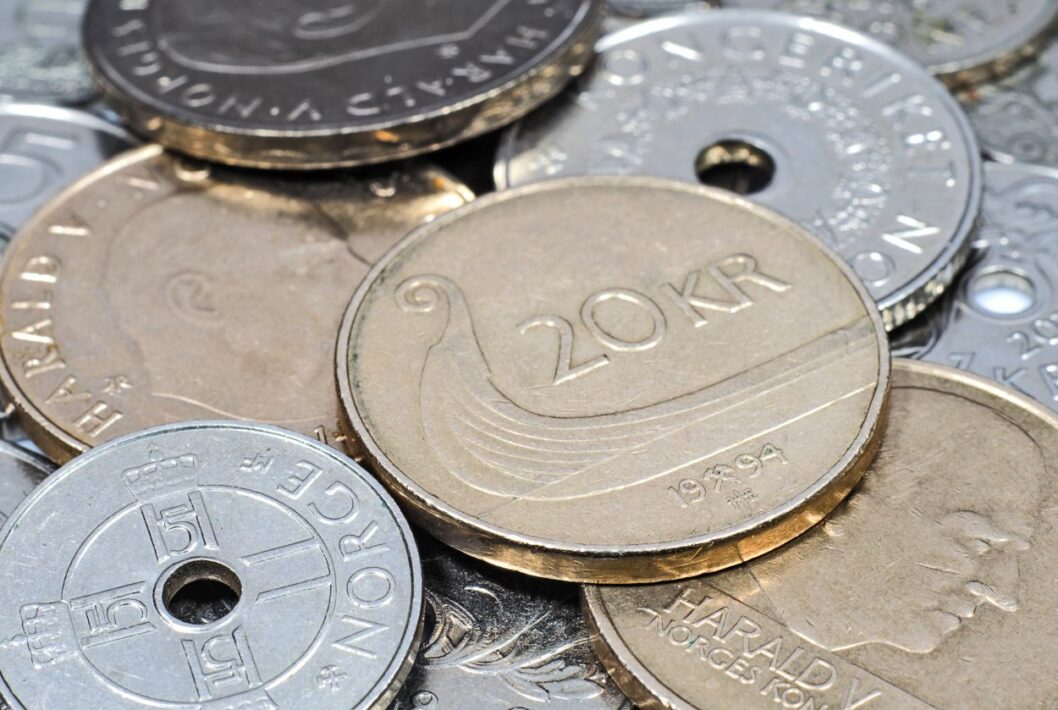The fallout from the conflict in Ukraine could accelerate Germany’s transition to green energy, despite Berlin’s decision to restart coal-fired power plants to make up for cuts in fossil fuel supplies from Russia, a study published Sunday showed.
A wind turbine stands out against the sky as the sun sets over the Black Forest with the French Vosges mountain range in the background on November 10, 2020. Photo taken from the Brandenkopf observation deck near Zell am Hamersbach, Germany on November 10, 2020. REUTERS/Joachim Hermann
The German government is pushing for a shift to renewable energy, aiming for 80% of the country’s electricity generation from renewables by 2030.
A study by credit insurer Allianz Trade found that Germany’s green energy targets are likely to lead to an increase in the share of renewable energy in the electricity mix in the medium term, even beyond what it would take to meet the Paris climate targets by 2035.
The study showed that the increase in coal-fired power generation, which the German government approved earlier this month, will not increase CO2 emissions in the European Union, as production will be capped by the EU’s emissions trading system.
The study says coal is unlikely to become a long-term replacement for Russian gas due to high EU trading prices for emissions.
„(Coal-fired electricity generation) will be forced out of the market,” study author Markus Zimmer said.
He also said that the planning and approval procedures for renewable energy should be simplified and accelerated in order to achieve the goals of the German government.
The study calculates that the expansion of Germany’s renewable electricity production will require an annual investment of around 28 billion euros until 2035, and that around 440,000 workers will be needed between 2022 and 2035 to meet the industry’s targets.




